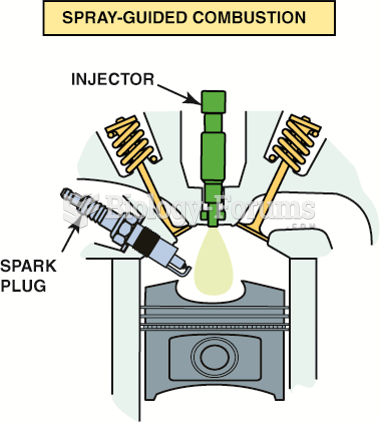|
|
|
Asthma occurs in one in 11 children and in one in 12 adults. African Americans and Latinos have a higher risk for developing asthma than other groups.
The immune system needs 9.5 hours of sleep in total darkness to recharge completely.
Immunoglobulin injections may give short-term protection against, or reduce severity of certain diseases. They help people who have an inherited problem making their own antibodies, or those who are having certain types of cancer treatments.
Eat fiber! A diet high in fiber can help lower cholesterol levels by as much as 10%.
More than 50% of American adults have oral herpes, which is commonly known as "cold sores" or "fever blisters." The herpes virus can be active on the skin surface without showing any signs or causing any symptoms.
 Cade and colleagues discovered a way to improve athletic performance and prevent salt and water imba
Cade and colleagues discovered a way to improve athletic performance and prevent salt and water imba
 Jens Roland and colleagues marked (notice the QME on the wing) and recaptured many Rocky Mountain Pa
Jens Roland and colleagues marked (notice the QME on the wing) and recaptured many Rocky Mountain Pa





